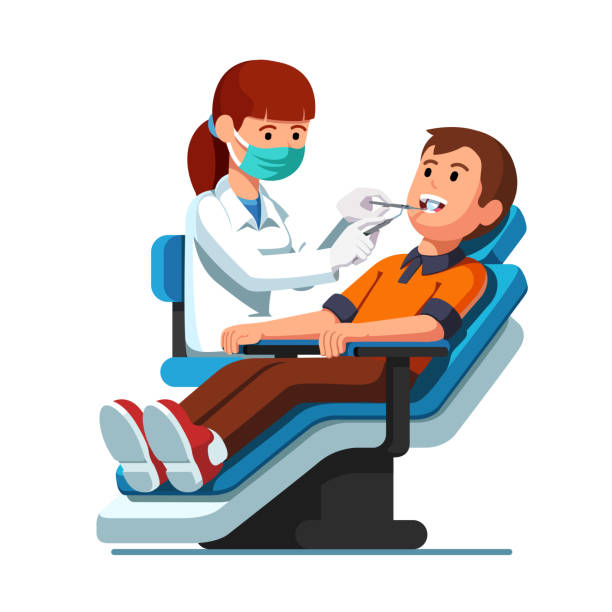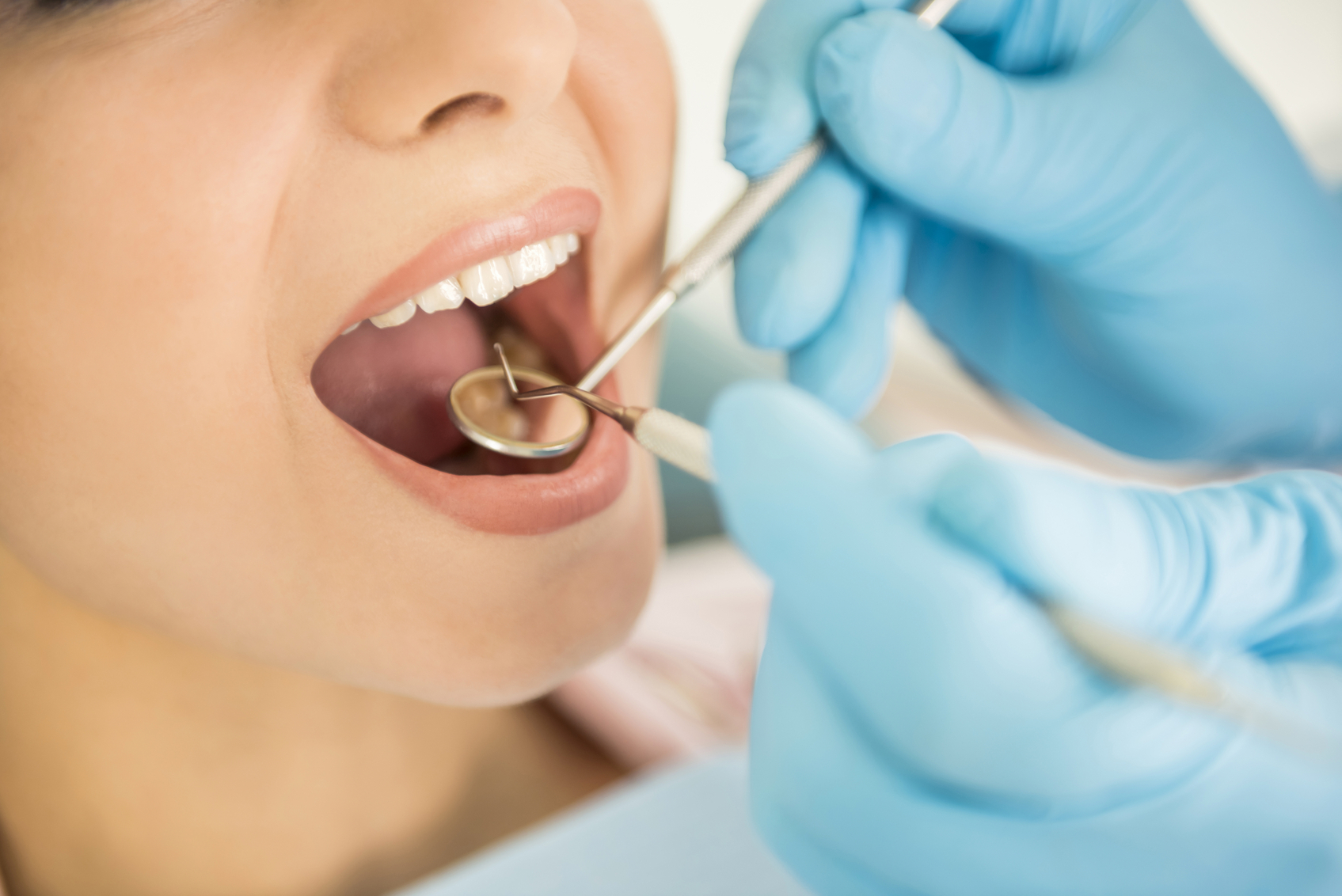The Ultimate Guide to Porcelain Veneers Washington DC: Enhance Your Self-confidence
The Ultimate Guide to Porcelain Veneers Washington DC: Enhance Your Self-confidence
Blog Article
Usual Questions Regarding Dental Veneers Answered
Dental veneers have actually ended up being an increasingly desired choice for those seeking to enhance their smiles, yet lots of people stay unsure regarding various elements of their use. Secret concerns typically arise pertaining to the application process, long life, and potential dangers associated with these cosmetic enhancements. The difference between porcelain and composite veneers can substantially influence one's option. As we discover these typical queries, it ends up being important to think about not just the advantages but also the implications of selecting dental veneers in pursuit of a much more confident look. What elements should one evaluate prior to making such a decision?
What Are Dental Veneers?
Dental veneers are thin, customized shells crafted from porcelain or composite resin that are designed to cover the front surface of teeth. These oral prosthetics serve both practical and aesthetic purposes, supplying a service for different dental flaws, consisting of staining, chips, voids, and misalignment. By sticking to the teeth, veneers can significantly enhance the total look of a smile, developing an extra consistent and appealing appearance.
Porcelain veneers are especially favored for their all-natural translucency and stain resistance, making them a perfect choice for individuals looking for long-lasting results. In comparison, composite material veneers are normally more economical and can be applied in a solitary go to, yet they might not offer the very same sturdiness as porcelain alternatives.
The choice to choose dental veneers commonly stems from a wish for aesthetic improvement, however clients need to additionally think about factors such as the longevity of the material, maintenance needs, and the possible requirement for tooth reduction (Dental Veneers). Inevitably, dental veneers stand for a flexible and reliable service for attaining a glowing smile, dealing with specific cosmetic needs while advertising self-confidence and self-confidence
Just How Are Veneers Applied?
The application procedure for veneers needs careful preparation and precision to ensure ideal results. The procedure commonly starts with a thorough examination, where the dentist examines the person's dental health and wellness, discusses wanted end results, and establishes the suitable sort of veneers, whether porcelain or composite resin.
As soon as the treatment plan is developed, the dental professional prepares the teeth by eliminating a thin layer of enamel, generally concerning 0.5 mm to 1 mm, to accommodate the veneer. This step is critical as it guarantees a correct fit and stops the veneers from showing up cumbersome - Dental Veneers. After preparation, impacts of the teeth are taken to develop custom veneers that match the individual's distinct dental structure and aesthetic choices
While the irreversible veneers are being made in an oral laboratory, short-term veneers may be positioned to shield the ready teeth. When the permanent veneers are all set, the dental professional will very carefully bond them to the teeth utilizing a strong oral adhesive.
What Are the Benefits?

Furthermore, veneers are recognized for their durability and resistance to discoloring compared to natural teeth. Made from high-grade products such as porcelain or composite material, they can preserve their appearance for years with correct care. This longevity makes them a functional financial investment in one's dental look.
In addition to visual renovations, veneers can also add to enhanced dental health and wellness. By covering harmed or compromised teeth, they can offer additional support and defense, assisting to avoid additional degeneration or degeneration. This safety facet can decrease the need for extra comprehensive dental procedures in the future.

For How Long Do They Last?
With proper care and maintenance, oral veneers can last anywhere from 10 to 15 years, making them a long-lasting service for boosting one's smile. The longevity of veneers mainly depends upon the product utilized, the top quality of the preliminary positioning, and the go to the website client's adherence to dental health techniques.
Porcelain veneers are known for their durability and resistance to discoloration, usually lasting closer to the 15-year mark when looked after suitably. Composite go to website veneers, while more economical, might call for replacement quicker, often within 5 to ten years because of their susceptibility to put on and discoloration.

In addition, wearing a mouthguard during sports or nighttime can supply added defense. Eventually, while veneers supply a considerable visual enhancement, their long life is dramatically affected by the commitment to appropriate oral treatment and regular assessments with a dental professional.
Exist Any Type Of Threats?
Thinking about the transformative effects of oral veneers, it is necessary to recognize the potential dangers related to their application. While veneers can boost the look of teeth, the procedure involves the removal of a slim layer of enamel, which can increase tooth level of sensitivity and susceptability to degeneration.
One significant risk is the possibility of inappropriate placement or suitable, leading to discomfort, bite imbalance, or perhaps damages to the underlying tooth framework. In addition, if the veneers are not kept correctly, they can end up being blemished or chipped gradually, requiring replacement.
Individuals may additionally experience allergic reactions to the products utilized in the veneers, specifically if they have sensitivities to particular dental composites. While veneers are sturdy, they are not unbreakable; extreme force from clenching or grinding can lead to fractures.
It is essential for patients to seek advice from a certified oral specialist to evaluate their private threats and to adhere to aftercare directions carefully. By understanding these threats, individuals can make informed decisions regarding their oral veneer treatment and make sure the long life and success of their improvements.
Conclusion
In recap, dental veneers stand for a valuable cosmetic solution for boosting smiles, with factors to consider regarding their application, advantages, long life, and associated risks. Their efficiency is affected by variables such as the option of product, with porcelain offering premium durability compared to composite options. Proper care and maintenance are necessary to maximize the life expectancy of veneers. Inevitably, educated decision-making linked here pertaining to oral veneers can bring about satisfying aesthetic outcomes and enhanced dental health and wellness.
Dental veneers are slim, custom-made shells crafted from porcelain or composite material that are developed to cover the front surface of teeth. After preparation, impacts of the teeth are taken to create customized veneers that match the patient's special dental framework and aesthetic preferences.
While the long-term veneers are being produced in an oral laboratory, temporary veneers may be placed to secure the ready teeth. As soon as the permanent veneers are all set, the dental practitioner will carefully bond them to the teeth making use of a solid dental adhesive. Ultimately, notified decision-making regarding dental veneers can lead to acceptable aesthetic results and enhanced dental health and wellness.
Report this page